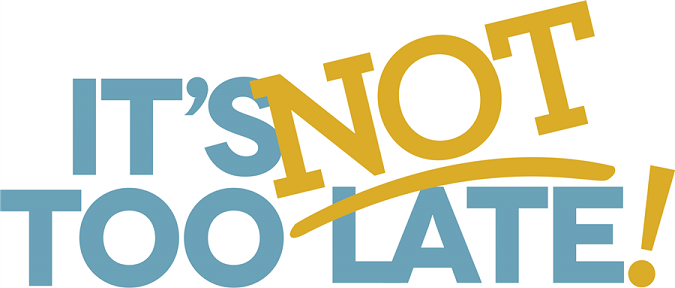Fire safety is a critical component of any healthcare organization’s overall safety program. As such, healthcare providers are required to develop facility-specific fire and evacuation procedures, provide fire safety training, and conduct regularly scheduled fire drills.
- Use of Alarms: Upon discovery of a fire, procedures should direct staff to quickly activate the fire alarm system via the closest manual pull station. In addition to building-wide notification, activation of the fire alarm will likely initiate a variety of automatic actions such as door release, HVAC shutdown, and fire department notification.
- Transmission of Alarms to the Fire Department: Your fire alarm system most likely maintains some direct connection to ensure the fire department is automatically notified when the alarm is activated. This is commonly accomplished via the use of a central monitoring service. However, there are a handful of other arrangements that lead to the same outcome. Ensure your procedures specifically spell out how alarms are transmitted to the fire department.
- Emergency Phone Call to Fire Department: Although the fire alarm system is required to automatically contact the fire department, a direct phone call to the fire department (usually via 911), is an extremely important step. Not only does it serve as a back-up communication, but it allows the facility to provide details regarding the situation directly to emergency personnel. Specific information can be extremely valuable to dispatchers and firefighters and may have a direct impact on the emergency response. Make sure your procedures include a back-up phone call and clarify who is to make the back-up call on all shifts.
- Response to Alarms: It is important that procedures clarify who should respond to the fire area when. For example, during normal business hours, there are often additional staff in the building available to respond to alarms. However, in the evening and overnight, it may be necessary for additional clinical staff to report to the fire area to ensure there are enough hands to implement the procedures. Procedures should detail roles for all staff upon activation of the alarm.
- Isolation of the Fire: Health care occupancies are specifically designed to contain smoke, thereby limiting its ability to travel throughout the building. Closing doors, and keeping them closed, is a critical step in limiting smoke travel. Staff procedures should clarify their role in closing the door to the fire room along with the remaining doors in the building.
- Evacuation of Immediate Area: Quick removal of the occupants of the fire room is essential. Procedures should place emphasis on evacuation of the fire room followed by closure of the fire room door to keep smoke from spreading.
- Evacuation of the Smoke Compartment: Extended evacuation beyond the fire room is an important decision to be made and depends on a few factors. Procedures should clarify when it is appropriate to evacuate the remainder of the smoke compartment, order of evacuation, and the evacuation destination. Evacuation floorplans are often a helpful visual reference that clarify smoke barrier boundaries, evacuation direction, and fire department entry.
- Preparation of Floors and Building for Evacuation: While the initial point of focus is the immediate fire area, staff should simultaneously be taking action throughout the remainder of the building as well. This includes preparing for possible extended evacuation of the fire floor, floors above or below, or possibly the entire building. Procedures should outline who will determine the need for further evacuation, how it will be communicated, and what the extended evacuation process will entail. This may include vertical evacuation techniques for multi-story buildings.
- Extinguishment of Fire: It may be appropriate for staff to extinguish a fire. Procedures should clarify the situations, methods, and supporting equipment available for fire suppression.








